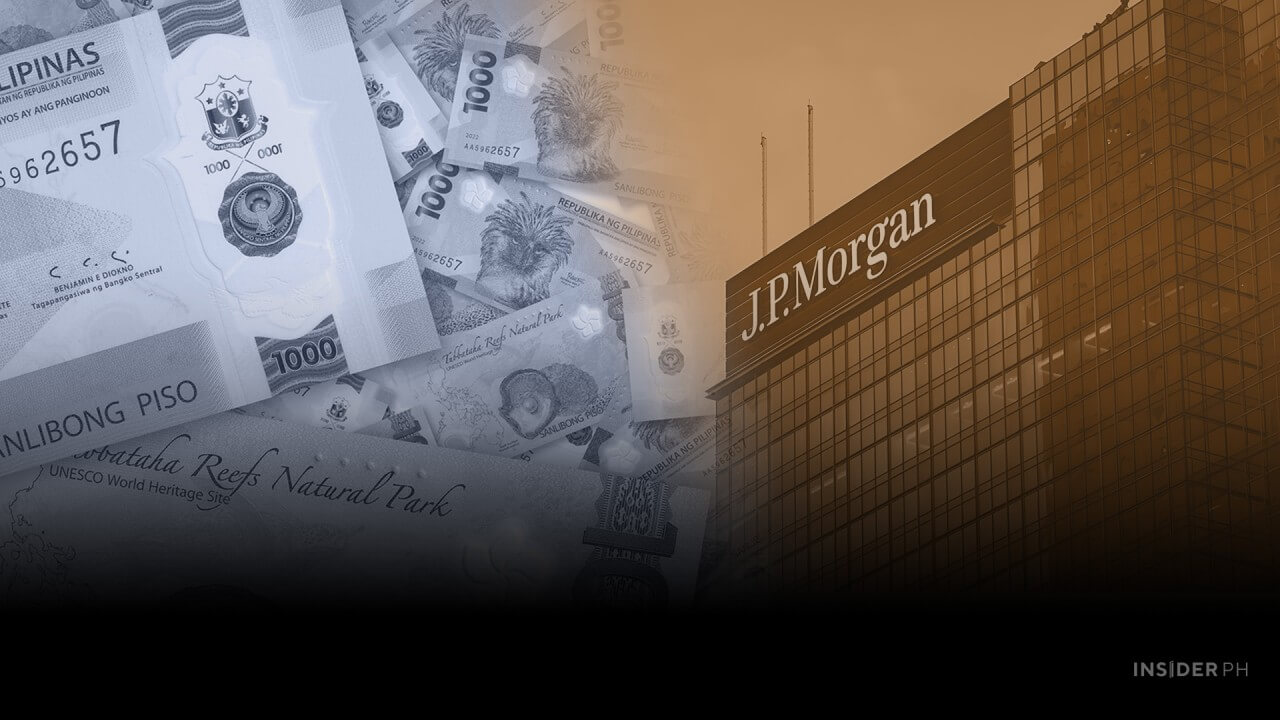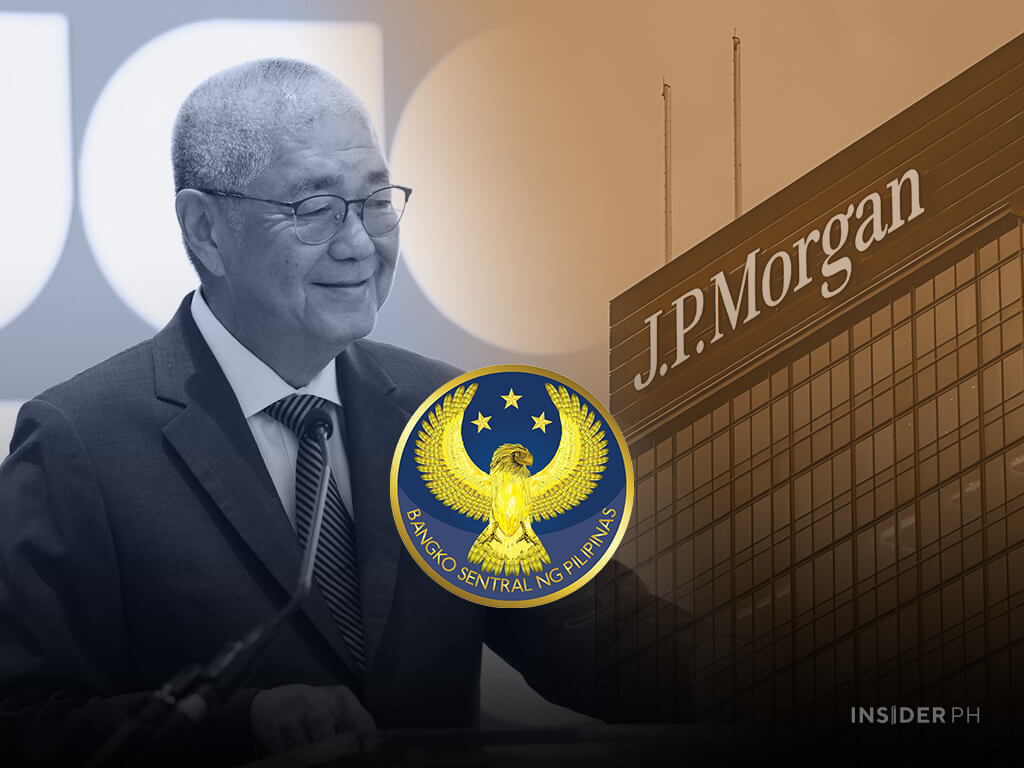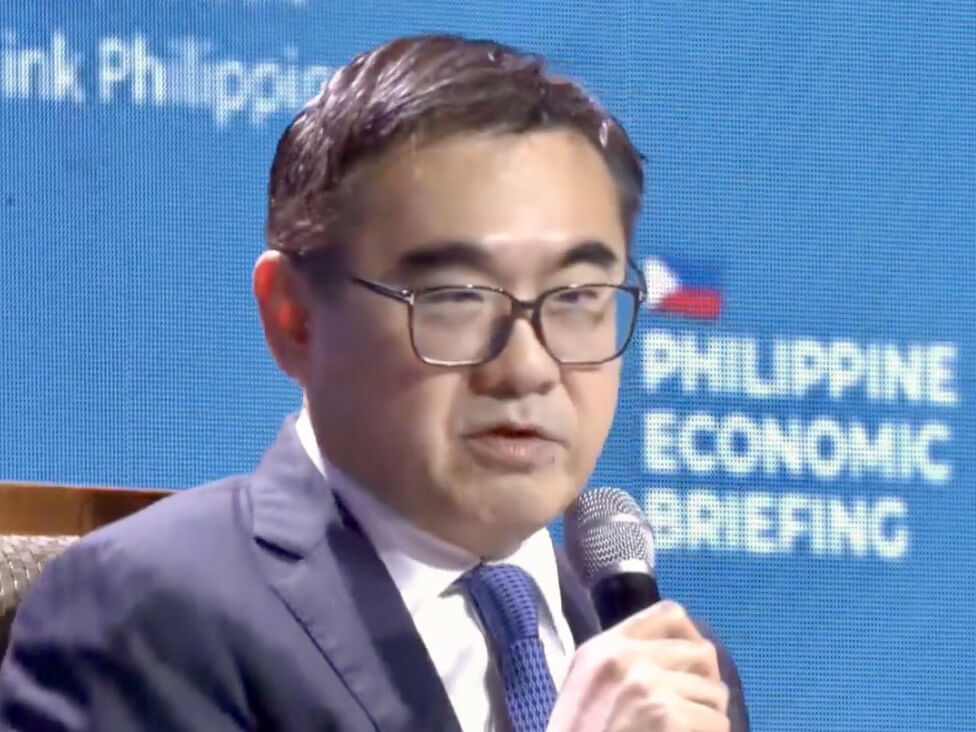

J.P. Morgan placed peso-denominated government bonds on its positive watchlist, signaling the final stage before potential inclusion in the Government Bond Index for Emerging Markets (GBI-EM).
The bank said it will carry out its assessment over six to nine months and release an update in the first quarter of 2026.
“Getting on the positive watchlist is a testament to the work the government and financial market leaders has done especially in the last few years to expand our capital markets, particularly our local bond market,” said Bangko Sentral ng Pilipinas Governor Eli M. Remolona Jr.
“This news serves as further impetus to execute more changes and reforms,” he added.
Big picture
The GBI-EM is one of the most-followed benchmarks by global investors and covers about 19 emerging economies.
If admitted, the Philippines would account for around 1 percent of the GBI-EM Global Diversified Index, a weight that could automatically channel potentially billions in foreign inflows given the size of funds benchmarked to J.P. Morgan indices.
For Manila, the upgrade promises deeper liquidity in the local bond market, cheaper borrowing costs for the government, and eventually more favorable financing for the private sector.
This would complement the country’s long track record of issuing dollar bonds, which have been a staple of foreign funding since the early 2000s.
Proactive market reforms
J.P. Morgan said its decision to place the Philippines on watch was prompted by “proactive market reforms” in recent years:
• Streamlined tax treaty procedures to ease cross-border investing.
• Revived the repo market and launched the peso interest rate swap market with BSP and the Bankers Association of the Philippines.
• Consolidated benchmark bond tenors by reissuing select series to improve liquidity.
• Made peso government bonds more accessible to global investors via Euroclear.
Foreign inflows rising, challenges remain
Foreign ownership of peso bonds has climbed to 5.2 percent in June 2025 from just 1.8 percent in 2021, a sign that reforms are drawing more overseas investors.
Even a modest index weight could further transform the market by attracting steady passive inflows on top of active demand.
But investors still want deeper liquidity and easier tax rules, hurdles that need to be addressed as J.P. Morgan continues its review.
—Edited by Miguel R. Camus

